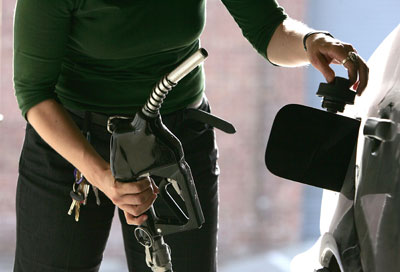Carbon Tax and Tax Cuts Take Effect Today
By 250 News
Tuesday, July 01, 2008 03:59 AM

Prince George, B.C. - Effective today, the price of gas will include the new provincial carbon tax, but the tax is just a tiny bit lower than had been forecast in the 2008 budget.
Initially, the tax was supposed to be 2.41 cents per litre of regular gas. Earlier this month, the Ministry of Finance issued an update saying it had revised the tax to be in line with the “fuel emission factors set by Environment Canada”. That has resulted in a slight trimming of the tax in all types of fuels except propane which is up .01 cents.
So, effective today, the new tax is as follows:
· Regular gas, 2.34 cents per litre
· Diesel 2.69 cents per litre
· Jet fuel 2.61 cents per litre,
· Natural gas, 49.66 cents per gigajoule, or 1.90 cents per cubic meter
· Propane 1.54 cents per litre
According to MJ Ervin and Associates, here are the prices of fuel in Prince George before the new carbon tax was added.
|
|
Regular Gas
Price before taxes/Price @ the pump
|
Diesel
Price before taxes/ Price @the pump
|
Propane
Price Before taxes/
Price@the pump
|
Home Heating Oil Price before taxes/Price at the pump
|
|
Prince George
|
108.7 /139.9
|
113.0/138.6
|
71.5 / 77.9
|
131.8 / 138.4
|
On the other side of the ledger, the Provincial Government says the tax reductions for personal income taxes along with the carbon credit cheques just issued to all British Columbians will make the increase at the pumps “revenue neutral”
Here are the tax changes which take place today:
· The bottom two personal income tax rates will see a tax cut of 2 per cent in 2008
· General corporate income tax rate will be reduced by 1% to 11 per cent.
· Small business tax rate will be reduced to 3.5 per cent from 4.5 per cent
Previous Story - Next Story
Return to Home










I think the carbon tax is a good thing, and yes I am a northerner.